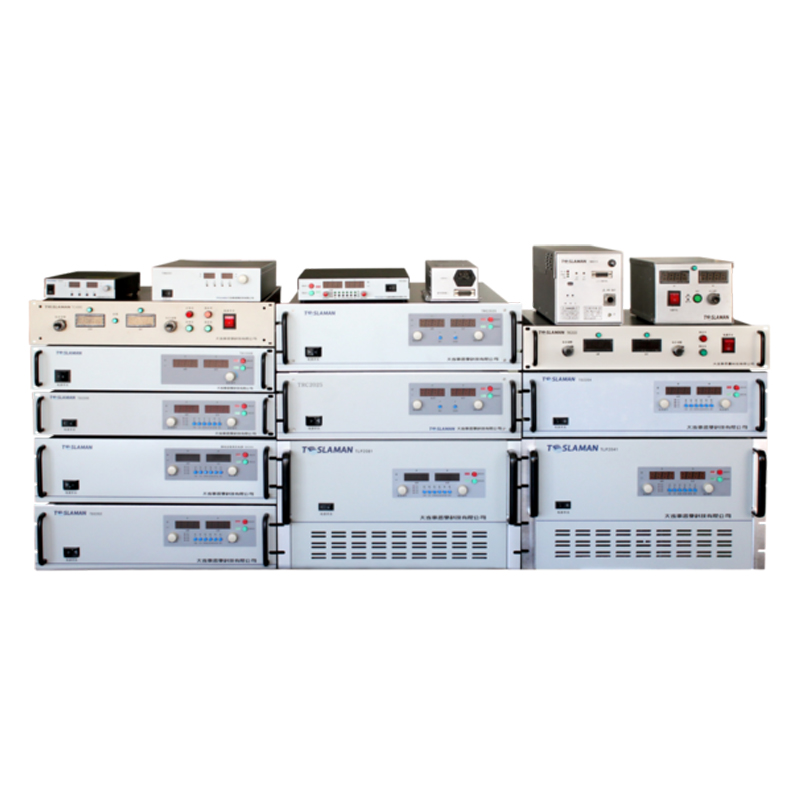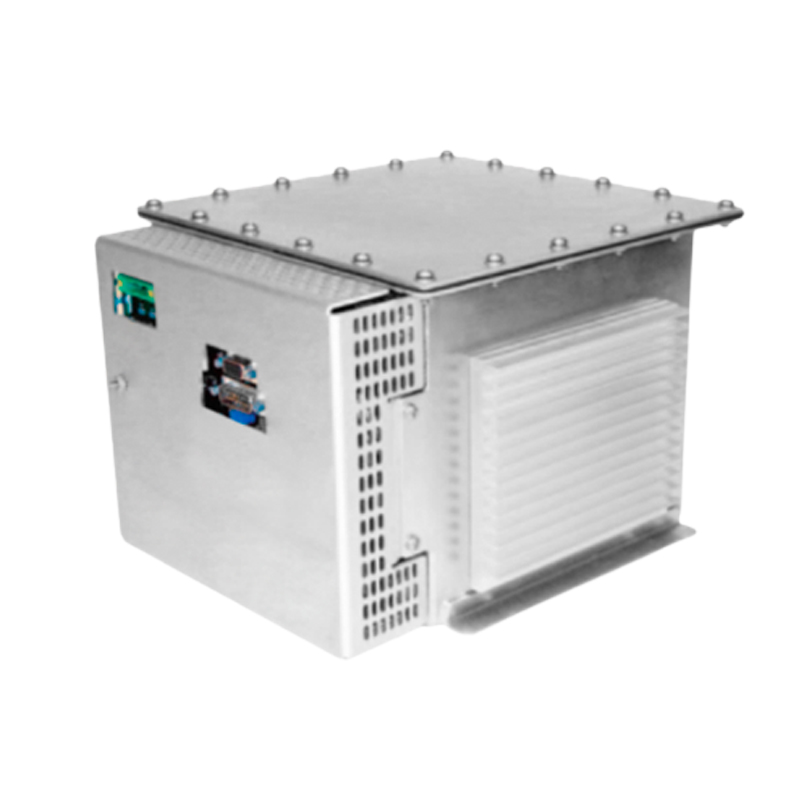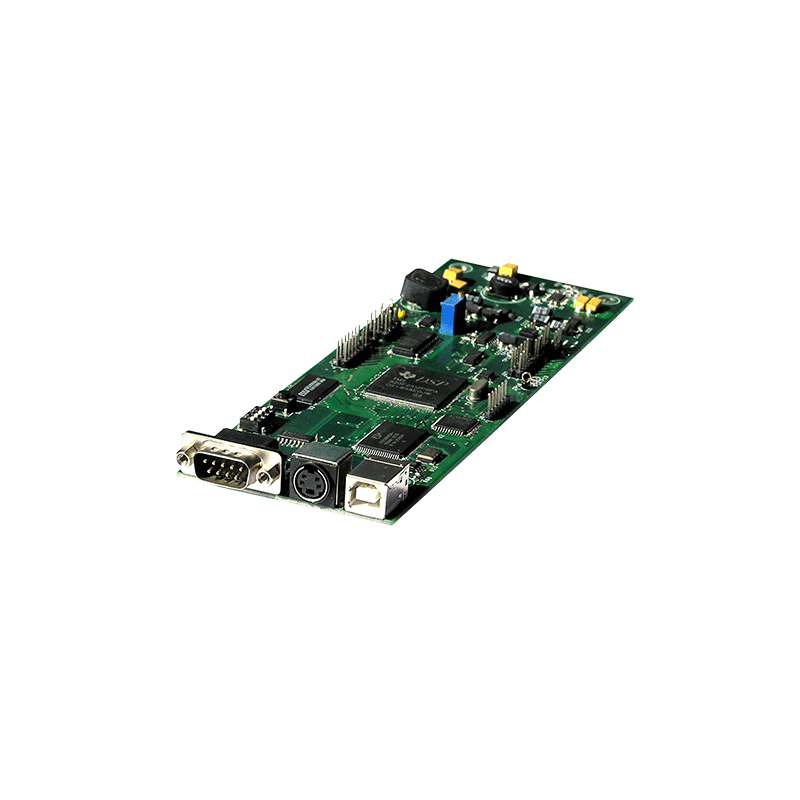The Application and Effectiveness Evaluation of High Voltage AC Power Supply Systems in Power Grid Load Balancing
I. Introduction
With the continuous development and complexity of power systems, the issue of power grid load balancing has become increasingly prominent. As an important component of the power system, high voltage AC power supply systems play a significant role in ensuring the stable operation of the power grid and optimizing resource allocation. This article will explore the application of high voltage AC power supply systems in power grid load balancing and their effectiveness evaluation from a professional perspective.
II. Overview of High Voltage AC Power Supply Systems
High voltage AC power supply systems typically consist of generation, transmission, and distribution links, responsible for delivering electrical energy from power plants to end-users. Their system stability, reliability, and efficiency directly affect the quality of the entire power grid's operation. In recent years, with the development of power electronics technology, the performance of high voltage AC power supply systems has been significantly improved, providing strong support for power grid load balancing.
III. Application of High Voltage AC Power Supply Systems in Power Grid Load Balancing
1. Load forecasting and dispatching: Through accurate load forecasting techniques, the load changes of the power grid can be anticipated in advance. Based on these data, high voltage AC power supply systems can implement more flexible dispatch strategies, reasonably allocate the output of each power plant, thereby reducing the peak-valley difference of the power grid and improving the load factor.
2. Reactive power compensation: In high voltage AC power supply systems, by installing reactive power compensation devices (such as capacitors, reactors, etc.), the flow of reactive power in the power grid can be effectively regulated, improving the voltage stability and power factor of the power grid. This is of great significance for reducing the burden on the power grid and achieving load balancing.
3. Distributed energy access: With the rapid development of distributed energy, integrating it into high voltage AC power supply systems has become a trend. Distributed energy has the characteristics of flexibility and adjustability, which can provide additional regulation means for the power grid, helping to achieve a higher level of load balancing.
4. Smart grid technology: With the help of advanced information and communication technologies, smart grids can achieve real-time monitoring and optimized control of high voltage AC power supply systems. Through smart grid technology, the operating status of the power grid can be more accurately grasped, and adaptive load balancing adjustments can be implemented.
IV. Effectiveness Evaluation
To evaluate the effectiveness of high voltage AC power supply systems in power grid load balancing, the following aspects can be analyzed:
1. Load factor indicators: By comparing the average load factor of the power grid before and after implementing load balancing measures, the effect of load balancing can be intuitively reflected.
2. Power grid stability: Evaluate the stability performance of the power grid under load fluctuations, faults, and other conditions to verify the effectiveness of load balancing measures.
3. Energy utilization efficiency: Analyze the energy loss of high voltage AC power supply systems in the process of achieving load balancing and evaluate its impact on energy utilization efficiency.
4. Economic benefits: Comprehensively consider the investment cost and operation and maintenance cost of load balancing measures, as well as the energy-saving and consumption reduction benefits brought about by them, to evaluate the economic benefits of high voltage AC power supply systems.
V. Conclusion
High voltage AC power supply systems play an important role in power grid load balancing. By applying load forecasting and dispatching, reactive power compensation, distributed energy access, and smart grid technology, the level of load balancing in power grids can be effectively improved. At the same time, by comparing and analyzing indicators such as load factor, power grid stability, energy utilization efficiency, and economic benefits, the application effect of high voltage AC power supply systems can be scientifically evaluated.




















